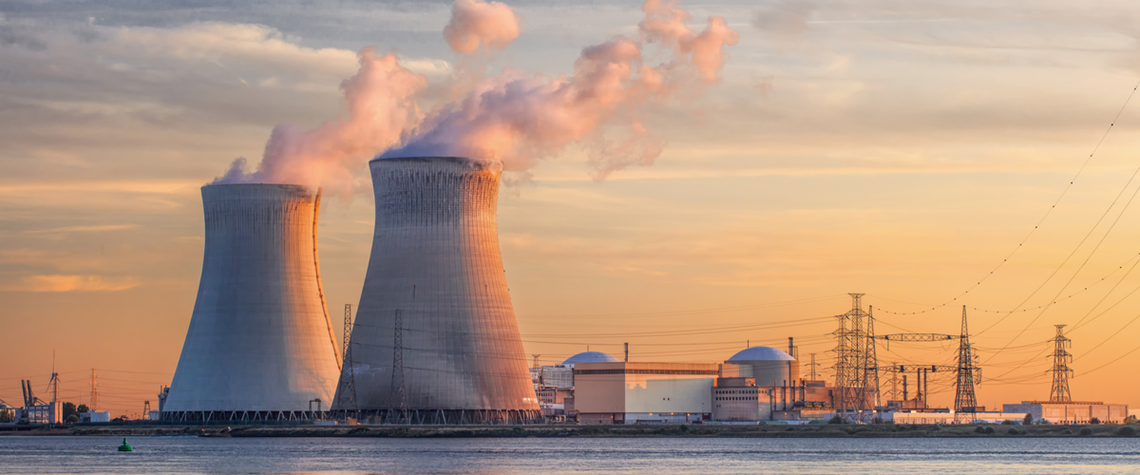Outlook 2022: The nuclear option for Europe's energy crisis
Price spikes and potential risks to grid stability might see policymakers alighting on a previously unpalatable solution
Addressing climate change will be the defining economic theme of our generation, and probably the next. The threats to our economy, our property and our way of life from climate change have the potential to be existential, and nothing in peacetime history has involved reallocation of resources on the scale necessary to decarbonise the energy complex. To put it in perspective, a recent study from Stanford University put the cost of transitioning to renewables from fossil fuels at $73tn. In comparison, the cost of the Second World War—the last global-scale event—was just $4tn in current dollars. Coincidentally, the Second World War also marked the dawn of the nuclear age. Since that war ended,

Also in this section
1 May 2024
Abundant storage and low cost of capturing CO₂ from sharply rising gas production mean NOC’s ambitious CCUS targets look well within reach
29 April 2024
Decarbonisation push and shifting multilateral trade policy sharpens continent’s need for carbon trading
29 April 2024
Canada’s oil sands producers need policy certainty to make the multibillion-dollar investments needed to achieve net zero, Pathways Alliance president Kendall Dilling tells Carbon Economist
25 April 2024
Carbon capture rates forecast to rise steadily from end of decade, but policy tools to drive large-scale deployment have yet to take shape, according to DNV







